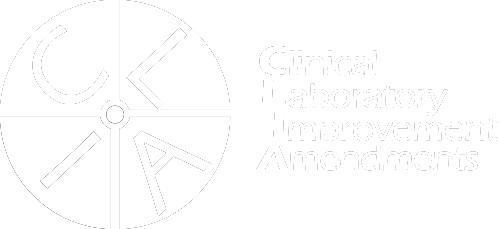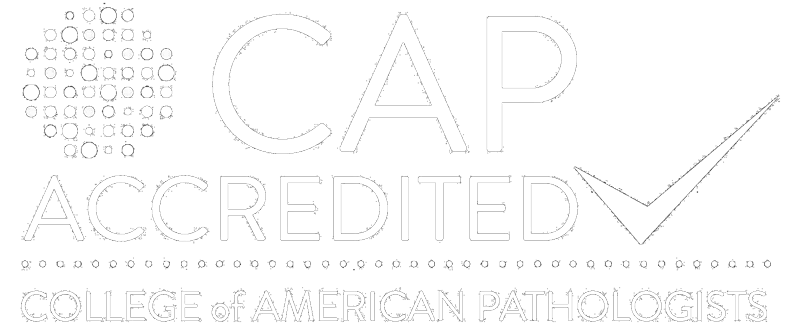Immunoassay cross-reactivity: the importance of accurate interpretation
Cross-reactivity in the drug testing world is a critical component when it comes to accurate results. Immunoassay testing is where cross-reactivity comes into play most often. Important factors that affect cross-reactivity are the specimen type, the test performed, reagents used, and concentration of substances in the specimen being tested. Understanding what cross-reactivity truly is, when to ask for help, and obtaining an accurate interpretation are important tools to have when handling positive screening results for patients who adamantly deny use or say a positive result is because of a medication.
How Immunoassay Testing Works & Cross-reactivity Break Down
Simply put, Immunoassay testing is the binding of a target analyte or drug molecule to its specific antibody. Cross-reactivity is when an analyte or drug molecule that is very similar to the target analyte or drug molecule binds to the specific antibody. It may not be a perfect fit, however it is close enough that the outcome of the test is positive. Think of Mrs. Pac-Man being the antibody, what she munches are the target analytes or analytes similar in structure that might cross-react and the blobs with eyes are analytes with different structures that won’t cross react (Refer to figure 1.0).
The reason this is called Cross-reactivity is that the similar molecule does not have the target analyte drug component within its composition and therefore is not a true positive for the drug class being tested. If the specimen was confirmed, the confirmation would show negative for amphetamines. Analytes that cross-react will not confirm with GC/MS testing or LC-MS/MS testing for the drug class that screened positive. For example, Pseudoephedrine found is most over the counter cold medications can cause a positive amphetamine screen. Pseudoephedrine has a similar structure to Amphetamines so Mrs. Pac-man munched the analyte thinking it was the amphetamine analyte and gave a positive result. However, pseudoephedrine is not a true amphetamine. When the specimen was confirmed it was determined that Mrs. Pac-man did not munch a true amphetamine analyte. Therefore this is a cross-reaction.
Cross-reactivity & Medications
Cross-reactivity is often misconstrued as being from a donor taking a medication that falls within a known drug class and tests positive for that drug class. However, this is not true. A standard drug panel typically consists of Amphetamines, Benzodiazepines, Cocaine, THC, Phencyclidine, and/or Opiates. Amphetamines, Benzodiazepines, & Opiates are all specific drug classes or medication classes and not just compounds tested for illicit substances or drug abuse. Therefore, if a donor is taking Xanax and their screening result is positive for Benzodiazepines, it is a true positive for Benzodiazepine and not a cross-reaction. The donor might have a valid prescription for Xanax and could continue testing positive for Benzodiazepines. In this situation, a confirmation test can decipher if Xanax is the specific analyte in the specimen or if it is another Benzodiazepine the donor might not have a prescription for.
A concentration of medication or dosage the donor is taking can affect the outcome of an Immunoassay screening test. If someone is prescribed a minuscule amount of medication it might not screen positive. Do not expect a positive test if someone is taking a known prescription. Each person’s body chemistry and metabolism is slightly different. It is difficult to interpret whether or not a medication will cross-react or is a true positive without initial drug screen results. Reach out to your expert or Toxicologist to assist you in deciphering the testing results.
Take Away & Recommendations
Cross-reactivity can be frustrating and detrimental to a donor’s recovery if it is not handled appropriately. If there is ever a question regarding drug testing results reach out to the laboratory, your toxicologist, and ask for an expert opinion. The toxicologist will most likely request a confirmation test be performed prior to providing their evaluation. This is so they have the most information to answer your questions as accurately as possible. When reaching out to your expert, have any prescriptions, lotions, supplements or OTC medications the donor is taking ready to provide to the Toxicologist. It is highly recommended that anything, not FDA approved should be avoided since it is not required to advertise everything within the non-FDA approved substances.
Other recommendations for individuals undergoing drug testing is to avoid poppy seeds, follow all proper handling instructions for any solvents, paints, and other chemicals, take any medication as prescribed or indicated on the bottle, and be accountable for what you put in your body. Poppy seeds are a go-to excuse for opiate positive results and it is possible. Avoid consuming poppy seeds so there is no question. For handling any pain thinners, gasoline, and other solvents, as long as you are wearing proper protective equipment and following appropriate handling guidelines there should not be any problems. Furthermore, take the medication as it was indented to be for proper treatment.
The laboratory is trained to evaluate all situations stated and any situations that come our way. We stand on the side of science, accurate test results, and sustained sobriety. Nationally Accredited Laboratories take pride in their work and precise, expert evaluations. We have heard just about every excuse in the book for why someone screened positive and have strict guidelines on how to provide accurate information for our customers to handle the situations and push to achieve success in their programs. We truly care about what we do and for each person, our results affect.


